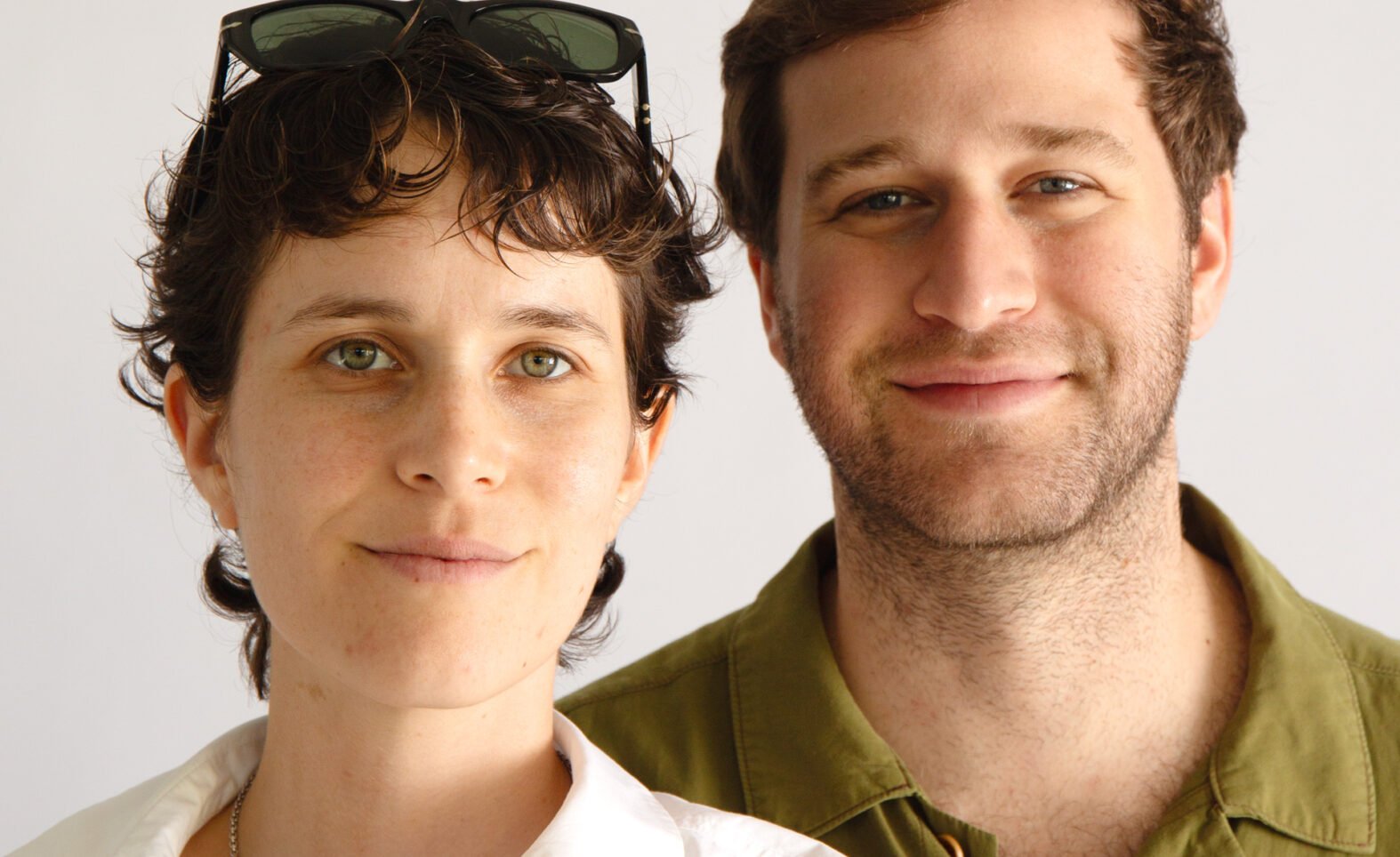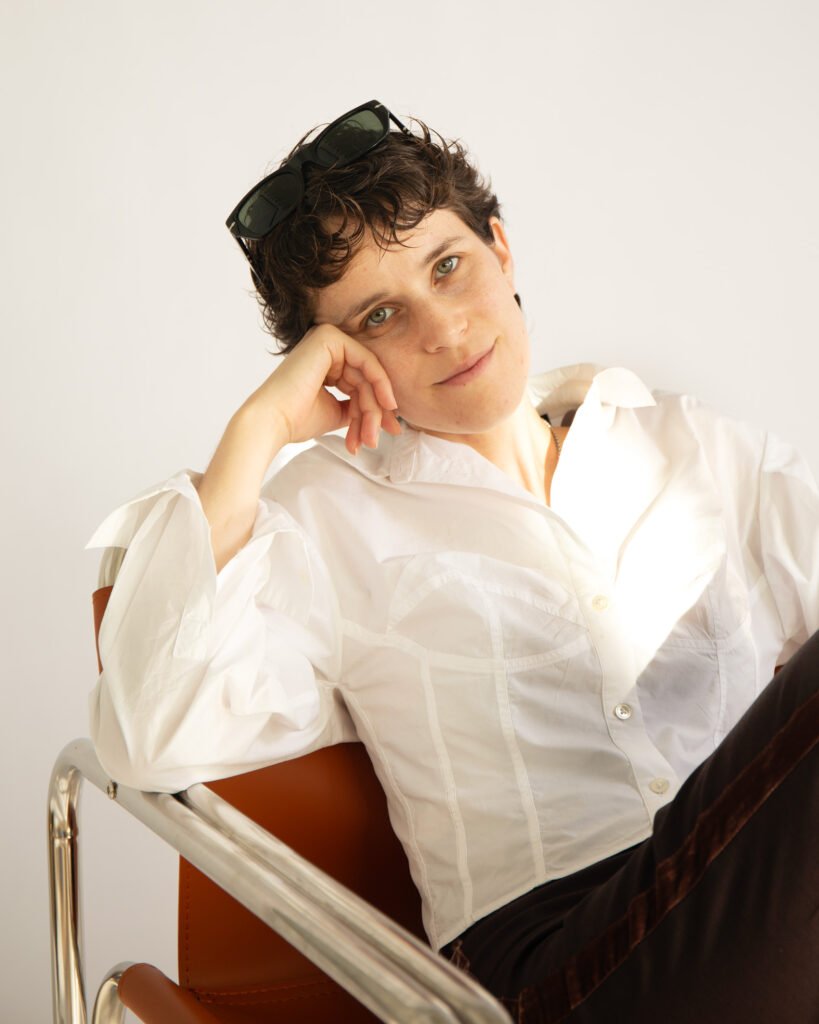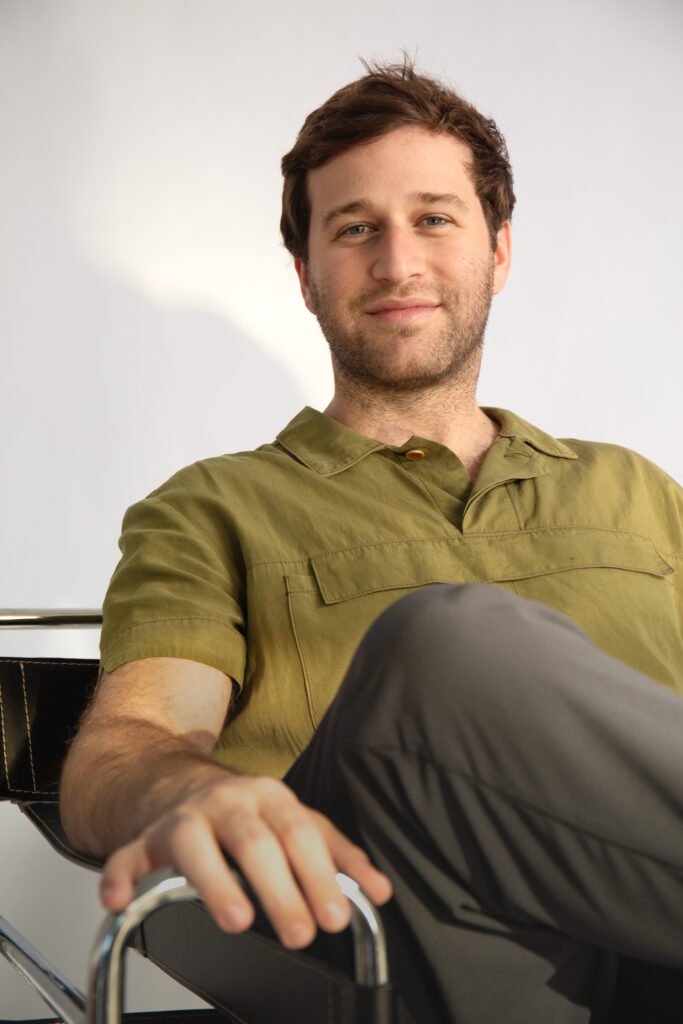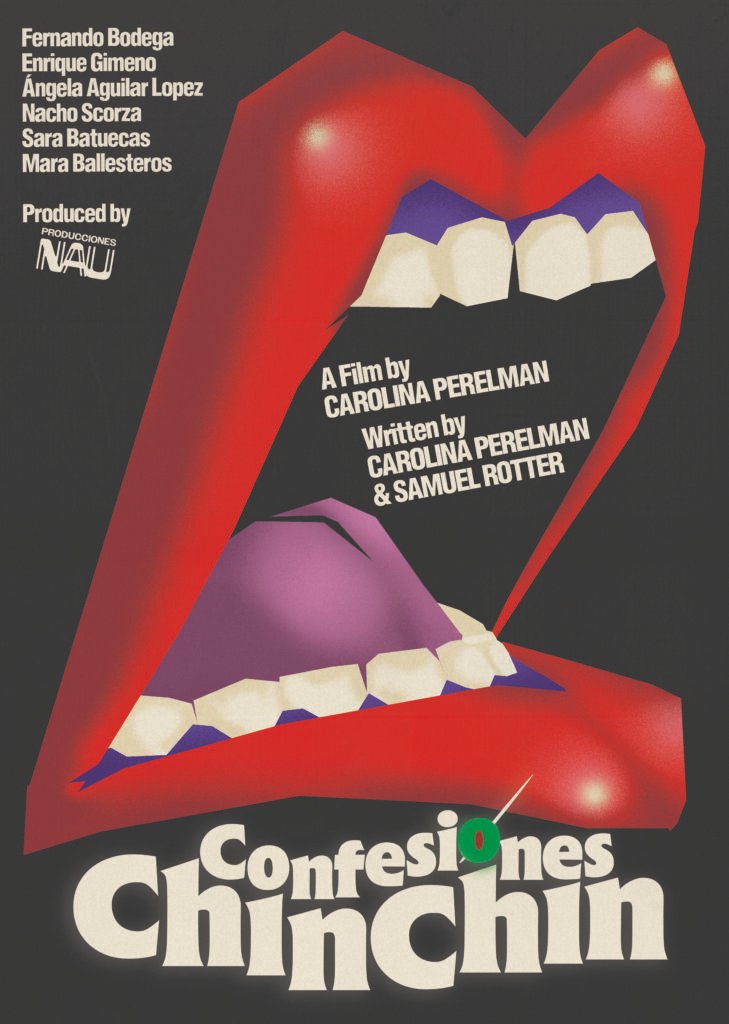Anaconda: Midlife Crises and Finding Heart
When this new Anaconda was first announced, scepticism felt almost mandatory. ...

The independent cinema landscape is always evolving. Filmmakers are getting more daring as they approach challenging themes and subjects through film. The indie film ‘Confesiones Chin Chin’ emerges as a bold and unfiltered exploration of human vulnerability, truth, and humour.
Co-writer Samuel Rotter and co-writer/director Carolina Perelman, driven by their shared passion for storytelling, seamlessly blend documentary realism with fiction to create a film that challenges societal norms while capturing raw, unfiltered confession.
In this conversation, they take us through their creative journey, the influences behind their work, and the challenges of guerrilla-style filmmaking that shaped their vision.
SAMUEL: I started as a writer, and thanks to Carolina’s influence, I ventured into theater. At the same time, my closest friends began making films, I got involved, fell in love with the medium, and pursued it passionately. In 2019, I founded Producciones NAU, presenting plays and films in the U.S., Spain, and Latin America while producing over five films.
CAROLINA: Most of the part was following my instinct, but also I started going to the theater with my parents as a teenager and soon became fascinated with film as well. I never considered this path as something I wanted to pursue in life—until I met my best friend, Samuel Rotter. I believe one of the greatest parts of being human is sharing something you’ve created.
S: I wanted to write Confesiones Chin Chin to explore what lies behind shame, contradictions, hidden desires, and unspoken fears, all the things that society teaches us to suppress. This film is about breaking those barriers with laughter, embracing the raw, messy truth of being human.
S: We wanted the confessions to come from other people, especially the cast itself. As a writer and producer, my job was to bring them to life with an amazing team, weaving them together in a way that’s not just engaging but ultimately a toast to who they really are—ugly parts and all.
C: Portrait of Jason and its cinéma vérité techniques were my primary influences, particularly in how I interacted with the actors both before and during filming to capture raw, unfiltered moments. This approach is most evident in Roberto’s documentary, where you can see the director interacting with the actor.
C: Yes, some of them. I think confronting the truth is challenging for everyone. But what is the truth? I really don’t know.

CAROLINA PERELMAN
Copyright owner_ JACK ROIZENTAL
C: Shirley Clarke and the neurotic ambience she created in The Connection, as well as Julio Cortázar in his book El perseguidor, which was inspired by the life of Charlie Parker. I think jazz reflects our mind and desires during a night in Madrid.
S: I think the day you truly lose your sense of humor, you’re done. For me, love and friendship are built through humor, and it’s often the last and best tool we have to face life’s great challenges like trauma and grief. Without it, I think things would be very bleak.
C: Nothing. I’ve learned a lot and would love to keep learning, but that doesn’t mean I would change something.
C: My biggest influence in this is John Cassavetes. I believe the limitations we faced pushed us to rely on real locations and spontaneous performances. Coming from theatre, where a single space must hold the audience’s attention, we wanted to take a similar approach—prioritizing the performances and making the most of our limited resources. We shot the film in five days.
C: I don’t expect anything, but I’d love to create a space where dark secrets can be embraced in a more celebratory way.
C: Two of our biggest influences were Shirley Clarke and Rainer Werner Fassbinder, both of whom created iconic queer films. We want to honor that tradition while also giving voice to the lives and experiences of the queer collaborators who contributed to this film.

SAMUEL ROTTER BECHAR
Copyright Owner_ JACK ROIZENTAL
C: Connecting with the right people is essential. No matter how much money you have for production, filmmaking is always a deeply collaborative art form. If you have a vision, there will always be people willing to create alongside you. The right team can turn challenges into opportunities.
S: Independent filmmaking takes time, patience, and the right people—it’s all about teamwork. You’ll make mistakes, sometimes you’ll fail, but it’s always worth a shot. Betting on authentic cinema matters—some of the greatest filmmakers succeeded by staying true to their vision.
C: MAKE THE FILM HAPPEN. Everything is challenging, but every challenge is worth it—especially if it’s something you’re passionate about. Trust your instincts. You might feel crazy at times, but resist, push through, and keep going!
As ‘Confesiones Chin Chin’ readies to find its audience, starting with its world premiere at the 2025 Slamdance Film Festival, Samuel and Carolina remain firm in their belief that storytelling is at its most powerful when it is authentic and unapologetic.
Their commitment to crafting meaningful narratives despite budget constraints and industry hurdles serves as an inspiration for aspiring filmmakers. With a passion for embracing life’s contradictions and a determination to push creative boundaries, they remind us that filmmaking, at its core, is about taking risks and trusting the process.

In Conversation With Reina K., brings to you the kind of scoop that gives you a real insight into the mind, drive and craft of filmmakers from across the world.
Leave A Reply